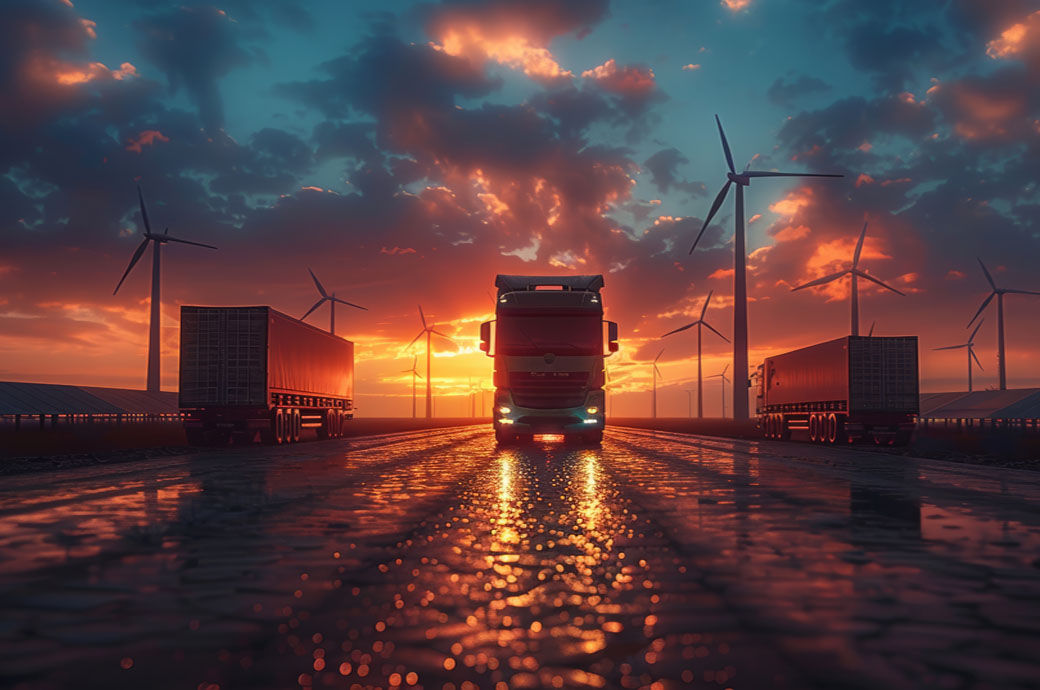

‘Scope 3’ emissions are not directly produced by a company’s operations, but embedded in its supply chain, accounting for the vast majority of companies’ emissions, and a significant portion are generated from supply chain and logistics activities.
Logistics emissions from freight and warehousing account for at least 7 per cent of global greenhouse gas (GHG) emissions.
While shippers have set logistics decarbonisation targets and are, in principle, willing to pay for low-carbon shipping, there is limited high-quality, widely-available supply of low-carbon shipping today, an article on the McKinsey website said.
From a carrier perspective, building low-carbon shipping supply requires capital-intensive investment and new knowledge and capabilities.
Shippers are hesitant to commit financial resources to underwrite electric fleets, with near-term uncertainty around operational viability or where assets are not immediately available.
New decarbonization technologies present a range of challenges beyond cost, such as disposal of residual assets, strains on original equipment manufacturer (OEM) capacity, production-capacity limits on biofuels and uncertainty around the total cost of ownership (TCO).
Many incumbent companies are testing low-carbon technologies, but are reluctant to scale until there is greater technological certainty, the article noted.
Individual logistics use cases can complicate planning and follow-through on net-zero goals. At the same time, utility company fleets face unique constraints like hurricane preparedness, where company vehicles must idle for up to 24 hours in storm locations—which current charging infrastructure and fleets cannot yet support, said the article.
For ocean shipping with its higher energy needs, battery power is not a realistic solution. Energy-dense sustainable fuels like methanol, ammonia, or liquified hydrogen are necessary, but much of the technology is not yet available at scale.
The supply of sustainable fuels in major global ports is also not yet available. These uncertainties are leading some shipping companies to delay investment decisions in new fleets, it observed.
The article was written by Elliott Tinnes, partner in McKinsey’s Atlanta office; Fernando Perez and Matthew Kandel, senior partner and partner respectively in the Miami office; and Tanner Probst, consultant in the Cleveland office.
Companies can achieve an average 40 to 50 per cent reduction in logistics emissions using solutions available today, the authors claimed.
A forward-looking policy perspective can also make investment decisions easier, they added.
Fibre2Fashion News Desk (DS)